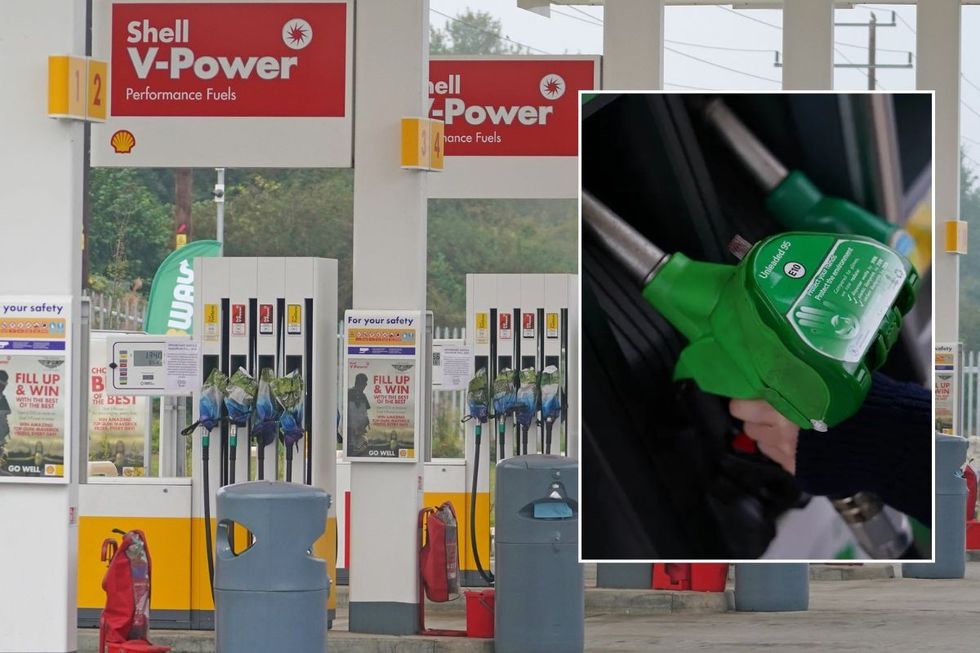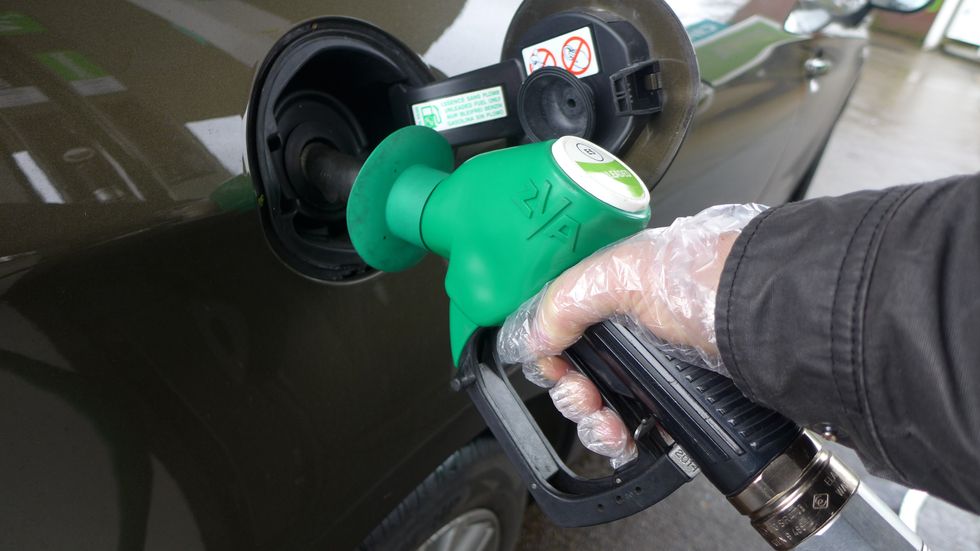Nottingham was found to have the highest levels of bacteria
Don't Miss
Most Read
Trending on GB News
Drivers are being warned of a petrol station issue that could impact millions of motorists prepare for an Easter weekend getaway.
A new study has found that alarming traces of E. coli, Salmonella, and even faecal matter were discovered on fuel pumps across the UK.
The research found that petrol pumps contained the same bacterial makeup typically found on toilet seats.
To gather the data, researchers swabbed several test sites at petrol stations in three major cities. The study examined diesel and unleaded pumps, pay-at-pump monitors, and door handles.
Do you have a story you'd like to share? Get in touch by emailingmotoring@gbnews.uk

Experts are warning that petrol pumps could be dirtier than toilet seats
GETTY
All tested petrol stations showed the presence of sickness-causing bugs, including E. coli, Salmonella and faecal matter across all locations.
The findings suggest motorists may be exposing themselves to harmful bacteria when refuelling before their Easter journeys.
Experts warn these contaminants could pose health risks to certain individuals, especially with millions of drivers set to hit the roads in the coming weeks.
Nottingham, concerningly, had the highest levels of bacteria, with Pseudomonas aeruginosa found at an elevated count of 1720 CFU. This bacteria is commonly found on cockroaches and in their faecal droppings.
Tomas Gabor, director at industrial hygiene consultancy Sysco, commented: "A count of 1720 CFU is significantly higher than typical levels expected. Even when compared to a clean toilet seat, the levels usually sit below 100 CFU/cm2."
"This bacteria can cause skin infections, respiratory issues, and infections in immunocompromised individuals."
Experts suggest the ideal CFU count should be undetectable or below 100 CFU on surfaces.
Manchester's petrol pumps were found to contain E-coli, Clostridium perfringens and Faecal streptococci, indicating the presence of human faecal matter on the pumps.
Despite having the UK's largest population, London's petrol stations surprisingly had fewer bacteria than Nottingham's.
Experts advise that all motorists should take precautions when handling petrol pumps, especially those with compromised immune systems.
Dorry Potter, from National Scrap Car, said: "It is interesting to see that London had one of the lowest counts of bacteria on its pumps.
"This could be a byproduct of the increased use of EVs, as the city has the country's leading Ulez."
LATEST DEVELOPMENTS:

Drivers are encouraged to wear gloves when filling up
GETTYThe company's research found London had the highest rate of petrol cars being scrapped nationwide, with a striking 77 per cent of all vehicles in the capital being petrol-powered.









